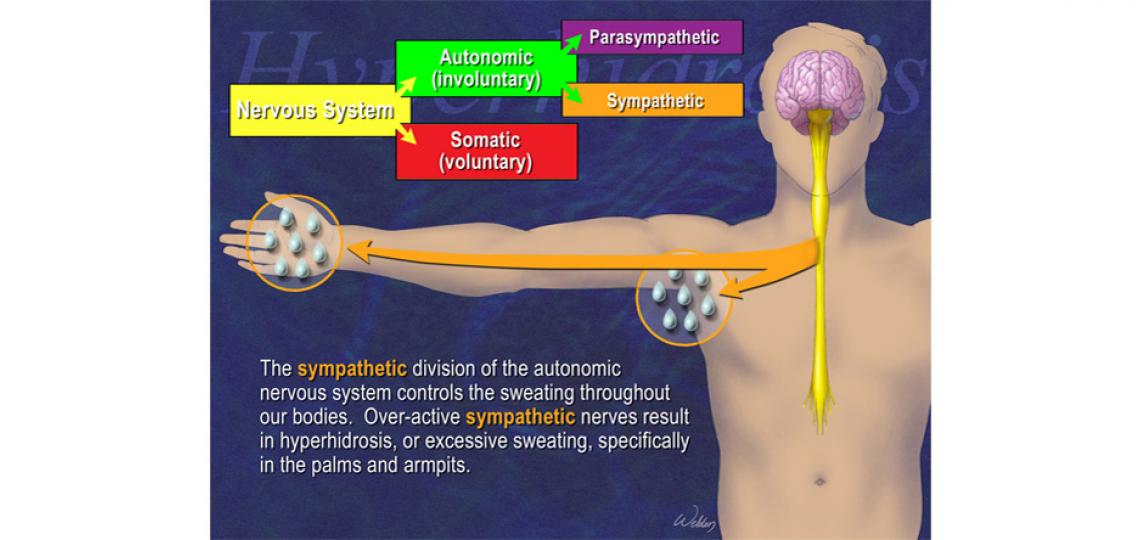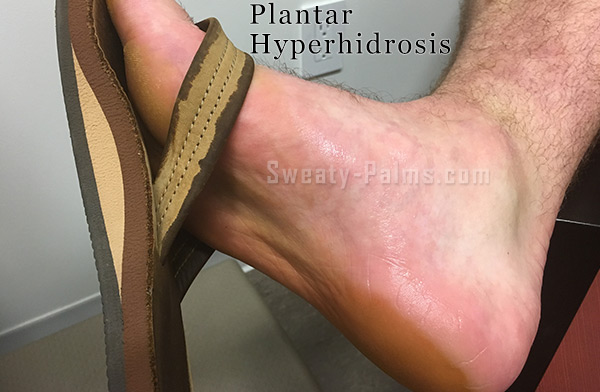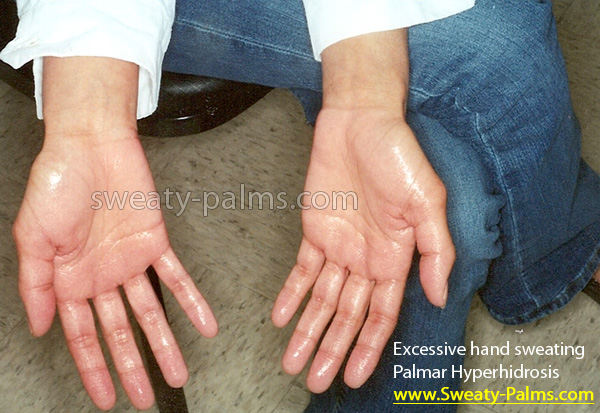Comprehending the Origin of Excessive Sweating and Its Effect on Day-to-day Live
Too much sweating, likewise understood as hyperhidrosis, is a condition that impacts a significant part of the populace, yet its hidden causes and ramifications on everyday working stay rather enigmatic. While it is typically understood as a physical feedback to manage body temperature, the triggers for excessive sweating can vary commonly amongst people, incorporating not just physical factors however likewise psychological and mental components. Furthermore, the impact of this condition extends beyond mere discomfort, typically influencing social interactions and general lifestyle. By diving right into the origin of hyperhidrosis and exploring its multifaceted effects, a deeper understanding of this prevalent concern can be gotten, clarifying the complexities that individuals grappling with too much sweating browse each day.
Physiology of Sweat Glands
The guideline of sweat production, an essential physical process, is largely managed by the activity of gland distributed throughout the human body. Gland are categorized right into two primary types: eccrine and apocrine glands. Eccrine glands are one of the most various and are located in nearly all areas of the body. They play a crucial role in thermoregulation by producing a watery fluid onto the skin's surface, which vaporizes and helps cool down the body down. In contrast, apocrine glands are concentrated in locations rich in hair roots, such as the underarms and groin, and their secretions are thicker and milky in look.
When the body temperature increases, either as a result of physical activity, heats, or emotional anxiety, the nerves sets off the gland to generate sweat. This sweat is composed mainly of water and electrolytes like salt and chloride. The process of sweat production is necessary for maintaining the body's interior temperature level within a slim, optimal range, highlighting the important duty sweat glands play in human physiology.
Triggers for Excessive Sweating
In comprehending the origin of excessive sweating, it is essential to determine the triggers that can bring about this physical response. Excessive sweating, also called hyperhidrosis, can be triggered by different aspects, both physical and ecological. One usual trigger is psychological stress and anxiety or anxiety, which can stimulate the body's sweat glands to produce more sweat than is necessary for cooling. Physical exertion, high temperatures, and spicy foods are also known to trigger too much sweating in people vulnerable to this problem. In addition, particular clinical conditions like menopause, diabetes mellitus, or hyperthyroidism can add to too much sweating also.
In addition, medicines such as some antidepressants, opioids, and certain supplements can additionally serve as triggers for hyperhidrosis. Understanding these triggers is crucial in handling excessive sweating successfully - Treatment for hyperhydrosis of hands. By determining and addressing the certain triggers that prompt extreme sweating in an individual, doctor can develop individualized therapy plans to relieve this condition and boost the individual's top quality of life
Medical Conditions Associated
Connected with too much sweating are various clinical problems that can exacerbate this physical feedback. One common condition is hyperhidrosis, a problem characterized by extraordinarily increased sweating that surpasses the body's thermoregulatory demands. click for more info This can manifest in focal areas like the palms, soles, underarms, or face, impacting a person's lifestyle because of social shame and discomfort.
Additionally, endocrine conditions such as hyperthyroidism, diabetic issues, and menopausal warm flashes can likewise cause excessive sweating. Hyperthyroidism triggers an overflow of thyroid hormones, speeding up metabolic process and activating sweating. Diabetic issues can cause sweating episodes, especially during hypoglycemic episodes when blood glucose levels drop also reduced. Menopausal hot flashes, credited to hormonal fluctuations during menopause, can create abrupt and extreme sweating, frequently accompanied by flushing and heart palpitations.
Additionally, infections like endocarditis, tuberculosis, and hiv have been associated with evening sweats, a typical symptom recognized to interrupt sleep and influence general well-being. These clinical conditions highlight the varied series of underlying elements that can add to too much sweating, requiring comprehensive analysis and administration by healthcare specialists.
Emotional and Psychological Factors

Effect On Social Communications
Excessive sweating can have extensive effects on a person's capacity to engage comfortably in social interactions. The noticeable signs of sweat discolorations or wet spots on clothing can cause shame and self-consciousness, triggering people to withdraw from social circumstances. This withdrawal can influence relationships, limitation social tasks, and hinder expert and individual growth.

In addition, the anxiety and self-esteem problems originating from too much sweating can affect communication and interpersonal skills. People go to these guys might battle to concentrate on conversations, take part in group tasks, or reveal themselves with confidence. This can bring about sensations of seclusion and isolation, as social links come to be challenging to maintain.
Conclusion

While it is commonly recognized as a physical action to control body temperature, the triggers for excessive sweating can vary extensively amongst people, including not only physical factors yet likewise emotional and psychological aspects. By delving into the origin triggers of hyperhidrosis and exploring its multifaceted results, a much deeper understanding of this pervasive issue can be obtained, dropping light on the intricacies that people grappling with extreme sweating navigate on a day-to-day basis.
Physical effort, high temperatures, and spicy foods are additionally understood to set off excessive sweating in people susceptible to this condition. By recognizing and resolving the particular triggers that prompt too much sweating in an individual, health care companies can develop tailored treatment plans to reduce this problem and enhance the individual's quality of life.
Extreme sweating can have extensive impacts on a person's capacity to engage comfortably in social interactions.
Comments on “Expert Dermatology Solutions for Treatment of Hyperhydrosis of Hands: Comprehensive Guide”